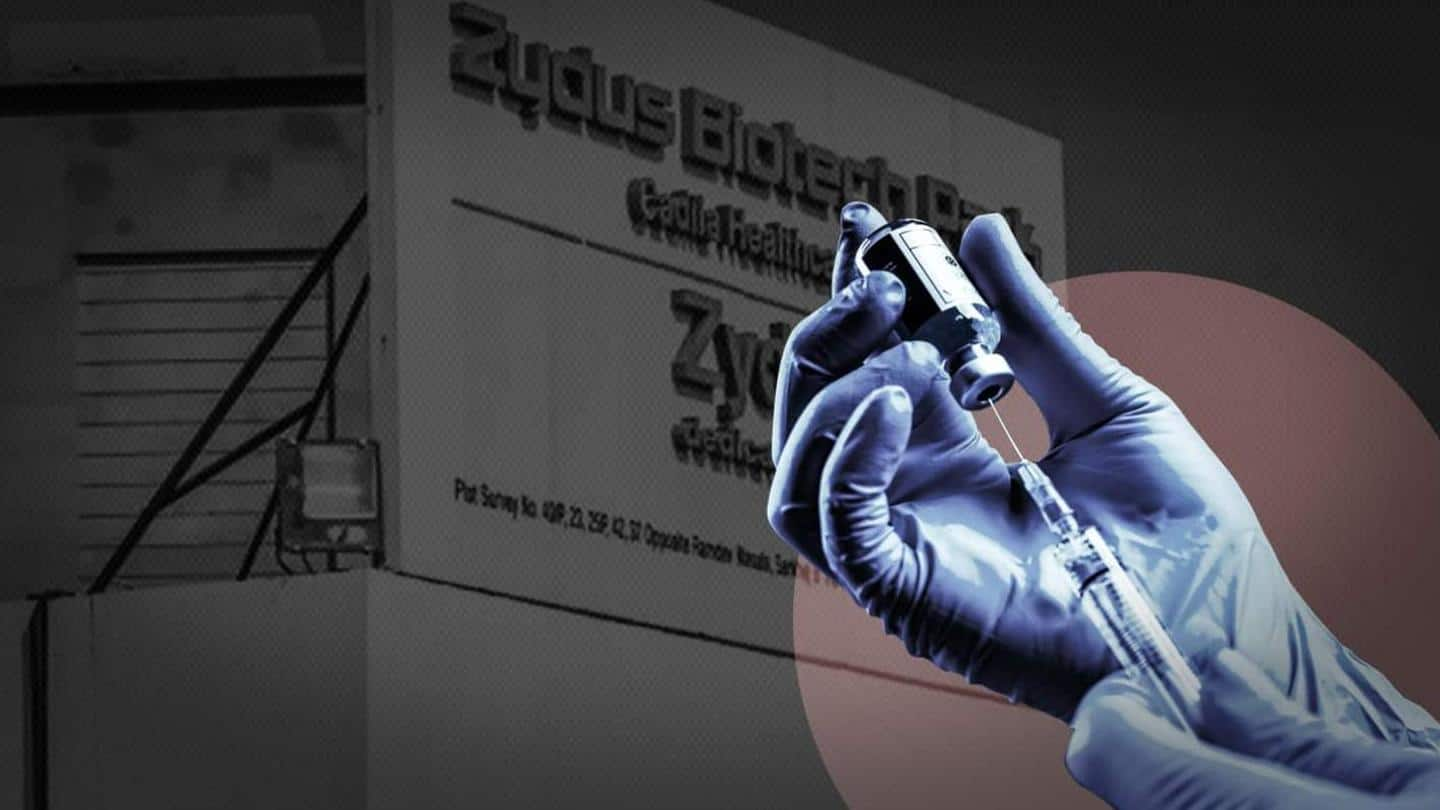
NTAGI to devise roadmap to introduce ZyCoV-D into inoculation drive
What's the story
The National Technical Advisory Group on Immunization (NTAGI) will soon hold a meeting to devise a roadmap for introducing Zydus Cadila's COVID-19 vaccine in the inoculation drive and prioritizing beneficiaries focusing on those aged 12-18 years with comorbidities.
The indigenously developed world's first DNA-based needle-free COVID-19 vaccine ZyCoV-D received Emergency Use Authorization from the drug regulator on August 20.
Estimation
First vaccine to be administered in 12-18 years age group
The authorization of the vaccine made it the first vaccine to be administered in the age group of 12-18 years in the country.
NTAGI Chairman Dr. NK Arora said it is estimated that there are around 12 crore adolescents in the age group of 12-18 years in India and less than one percent of them may have comorbidities.
Quote
Meeting will also focus on prioritization of beneficiaries: NTAGI Chairman
"The NTAGI's meeting will be held soon to chalk out a roadmap for introducing the three-dose ZyCoV-D vaccine in the ongoing COVID-19 vaccination drive. The meeting will also focus on prioritization of beneficiaries as this vaccine is approved for both adolescents and adults," he said.
Other vaccines
Covishield, COVAXIN being given to only those above 18 years
"The aim is to develop a priority list with the focus being on adolescents aged 12-18 years with comorbidities," Dr. Arora said.
The NTAGI will provide the protocol for the introduction of this vaccine in the immunization drive.
Covishield, COVAXIN, and Sputnik V are being given to only those above 18 years and unlike ZyCoV-D, which is three-dose, these are administered in two doses.
Efficacy
Phase-III clinical trials of ZyCoV-D showed primary efficacy of 66.6%
The Department of Biotechnology has said that ZyCoV-D is the world's first DNA-based vaccine and when injected produces the spike protein of the SARS-CoV-2 virus and elicits an immune response, which plays a vital role in protection from the disease as well as viral clearance.
It said that interim results from Phase-III clinical trials showed primary efficacy of 66.6% for symptomatic RT-PCR positive cases.